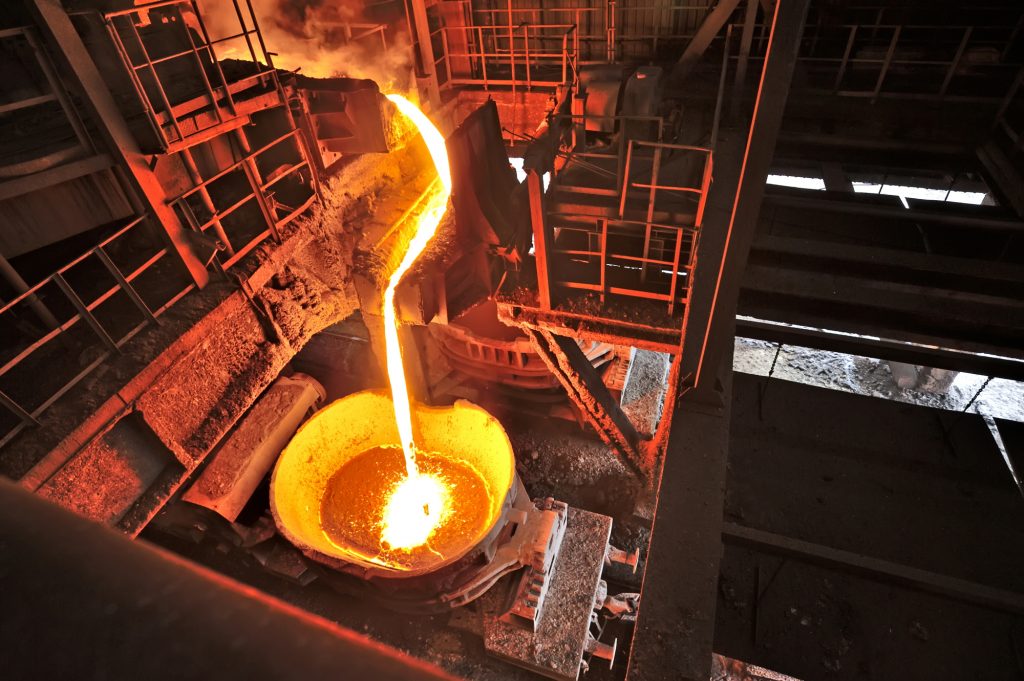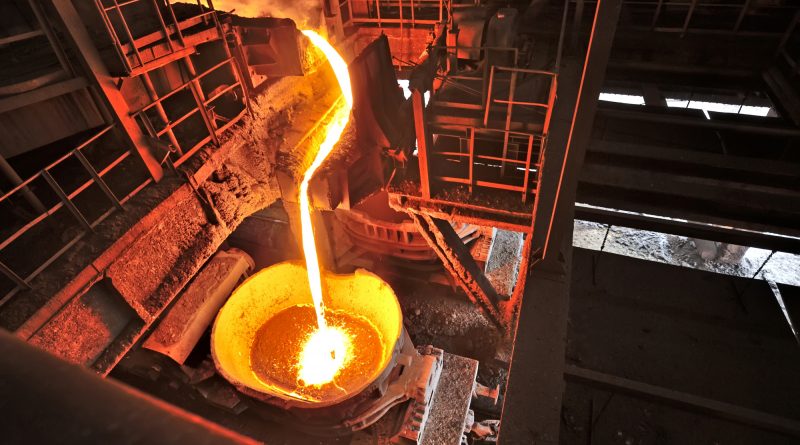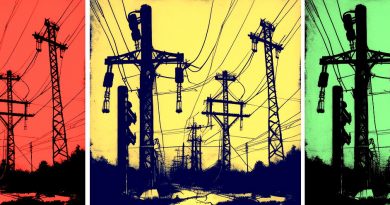The Demise of US Steel: Tariffs Can’t Fix Bad Management.
For as long as I’ve been aware of the existence of US Steel, the company has defined itself not by operational excellence, nor by technological innovation, nor, certainly, by its commitment to environmental protection. I’ve written about most of these at some point as someone who can wipe a layer of black grime off the glass tabletop on our front porch at least once a month. Nay, none of these things seem enough to have compelled the company throughout its history. Instead, the august giant of American industry has defined itself through whining about foreign competition. To adapt a phrase once uttered by our Commander-in-Chief, the company and its spokespeople seemed unable to form a sentence without mentioning tariffs and foreign competition: “Noun, verb, tariffs to protect against foreign competition.” Anyway, they just got bought by Nippon Steel.
The United States Steel Corporation, commonly known as U.S. Steel, was known by “X” in stonk terms, well before Elon Musk was a douchebag in the public sphere. The company was founded in 1901 by a cadre of business elite including J.P. Morgan and Andrew Carnegie. It was created through the merger of Carnegie Steel Company with several other steel and iron firms, making it the largest business enterprise ever launched, with a stated capitalization of $1.4 billion at the time. U.S. Steel played a pivotal role in the nation’s infrastructure and military efforts, particularly during the World Wars (you may have heard of them). Gary, Indiana exists mostly because of US Steel (Elbert Gary– of Judiciary Fame!).

Over the decades, the corporation faced numerous challenges, including labor disputes, antitrust litigation, and competition from foreign steel producers. In response, U.S. Steel diversified its operations, venturing into the petroleum-industrial complex, among others, while also at least making a gestural attempt to modernize its steelmaking processes. In my 2020 examination of the company, I found that, at least according to publicly available ESG metrics, the company underperforms many of its rivals. The Japanese steelmaker paid a premium to their current valuation (stock math is weird, though).
Travels and Travails in the Downriver Smog
Thusly, US Steel joins the ranks of folks to whom we collectively say, “well, I hate to say I told you so.” For me as someone who has lived and worked in a number of US Steel communities, after nearly a decade of trying to get media comment about facilities operated by the company, and about the company’s relationship to these communities, I never once heard a response from Megan Cox, the stalwart, perpetually tacit media relations officer. The silence speaks volumes to the company’s attitude toward the communities in which it operates. And yet corporate mismanagement will continue to have deleterious effects on these communities through the inevitabilities of job loss, corporate restructuring, and more.
It’s possible that the acquisition will lead to a brighter future for the company as a sort of ultimate management shake-up. This is something to hope for.
To quote 2Pac? Life goes on, homie.


